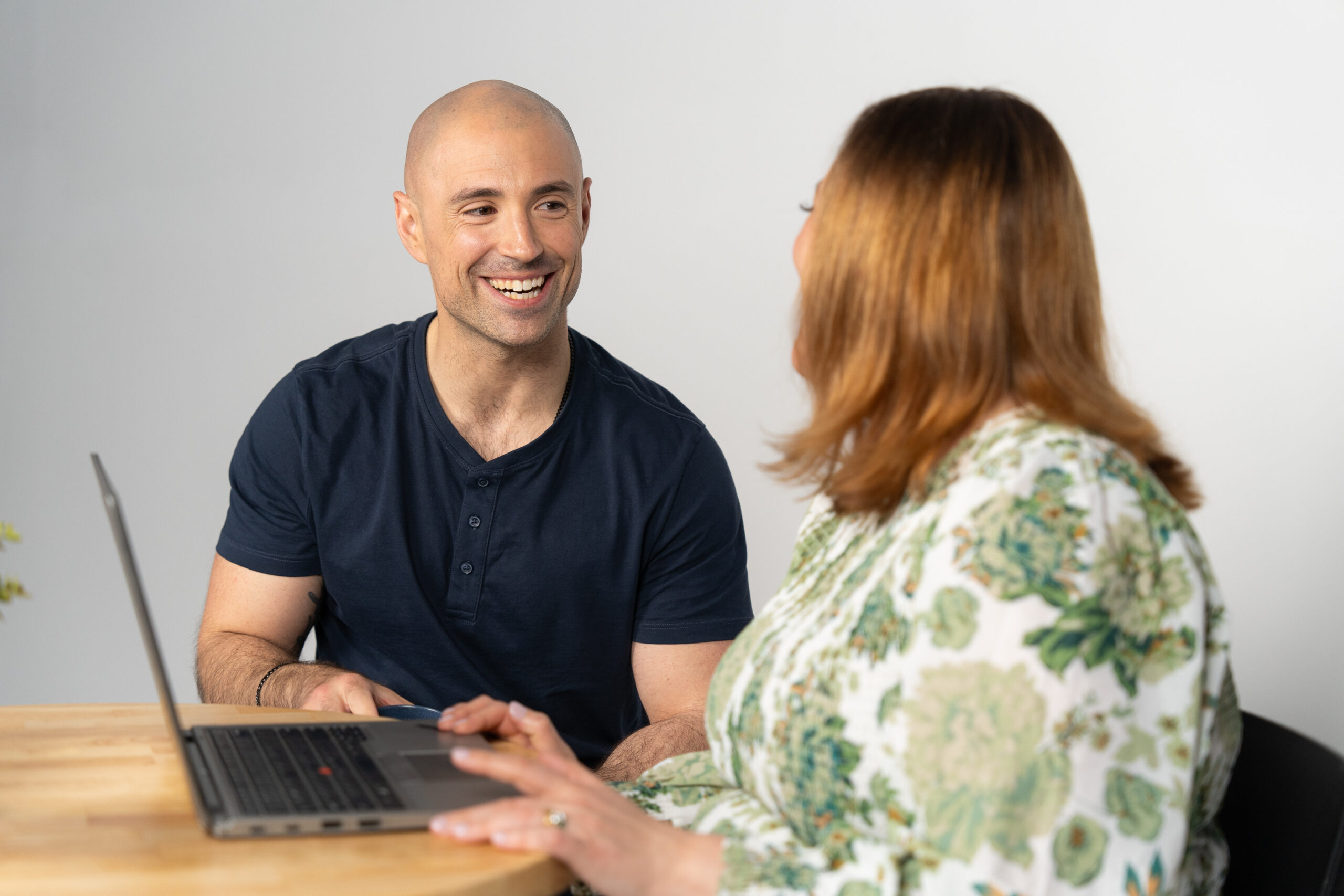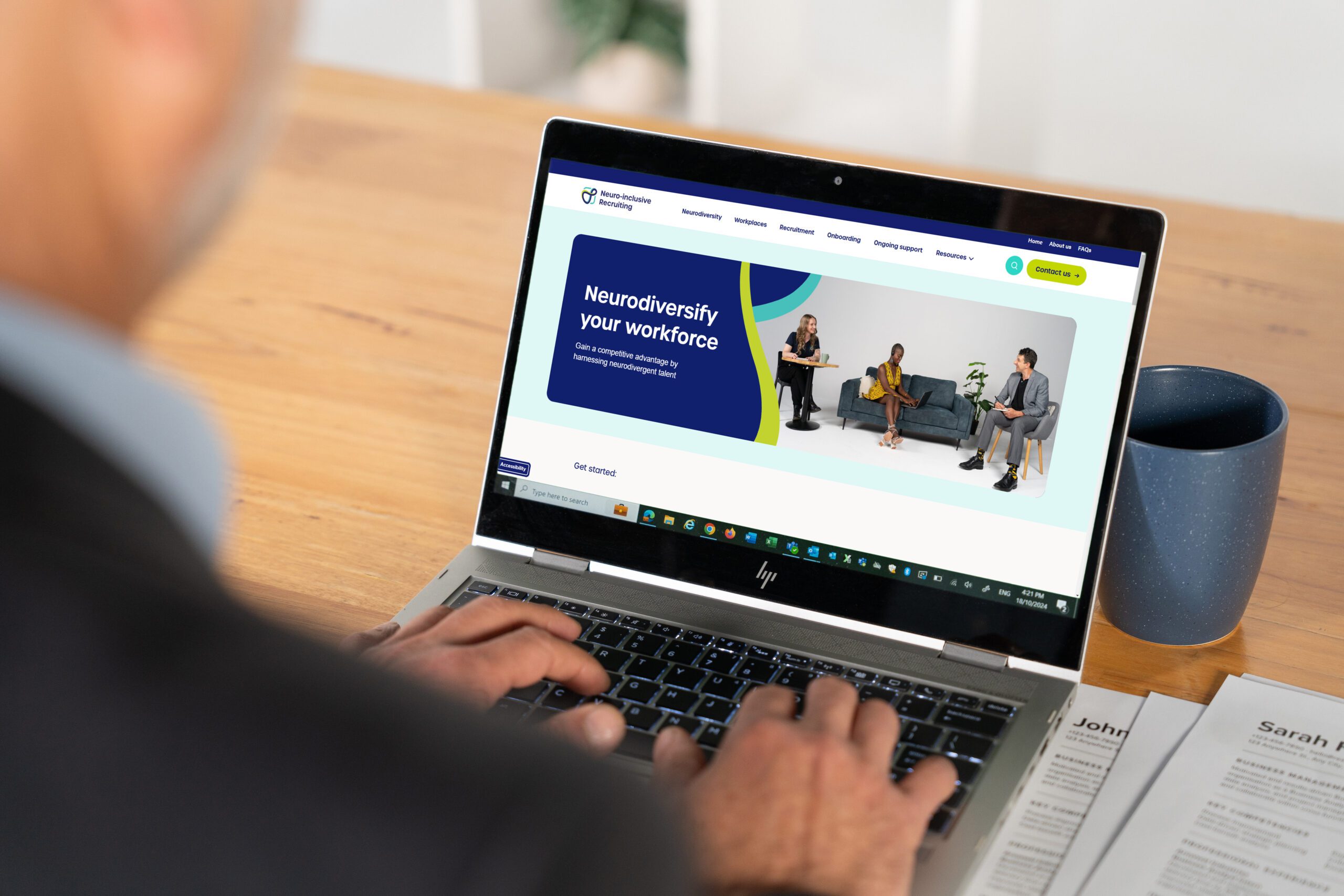October is ADHD Awareness Month
Raising awareness, understanding and acceptance around ADHD
In October, we celebrate and recognise ADHD Awareness Month, a time dedicated to raising understanding, awareness and acceptance of Attention Deficit Hyperactivity Disorder (ADHD).
ADHD is characterised by patterns of attention, hyperactivity, and impulsivity.
According to the ADHD Australia, 1 in 20 Australians have ADHD. This means that it is likely that you know someone who has ADHD.
Through raising awareness we can also celebrate the strengths ADHDers have. ADHD employees can bring strengths that can support workplaces to gain a competitive edge.
These strengths can include:
– Creativity and innovation
– Ability to hyperfocus
– Visual-spatial reasoning and problem-solving
– Adaptability and quick thinking
– High energy and enthusiasm
An ADHD employee said:
“I have the ability to hyperfocus on my work if it’s an area I am particularly interested in. This focus can mean I achieve hours’ worth of work in under an hour.”
Another ADHDer said:
“I moved a whole library around in my head before taking it to our collections team for sign-off on my layout. They agreed as they needed more space, and my layout would allow them to have 2 extra bookshelves of space.”
For more information about the strengths of ADHD employees visit the ‘Neurodiversity’ section on Neuro-inclusive Recruiting website
Let’s raise awareness and celebrate ADHD this October!
For more information about ADHD Awareness Month, including resources, videos and stories please visit the ADHD Awareness Month website.







